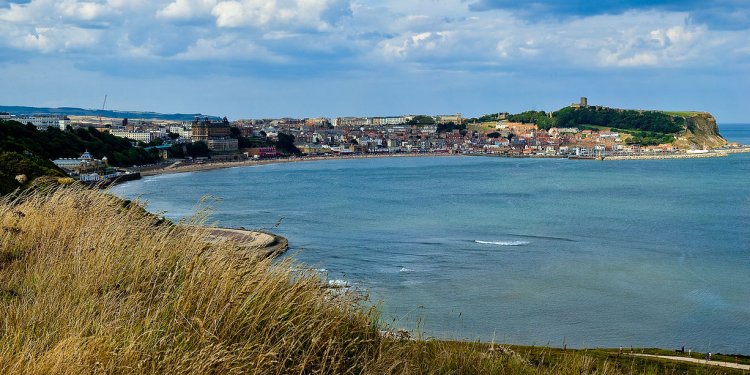
North Yorkshire Wiki
 Someone might change their name in order to make it sound more American, to fit in with the local community, or simply because it was good for business. There is at least one instance of a small businessman arriving in the United States from Eastern Europe changing his name, at least his public name, to something that sounded Swedish, because he had settled in a Swedish neighborhood in New York City. Immigrants would sometimes officially record their name change, when naturalizing for instance, but often, as there was no law in New York State requiring it be done, no official record of a name change was made. People would just start using a different name.
Someone might change their name in order to make it sound more American, to fit in with the local community, or simply because it was good for business. There is at least one instance of a small businessman arriving in the United States from Eastern Europe changing his name, at least his public name, to something that sounded Swedish, because he had settled in a Swedish neighborhood in New York City. Immigrants would sometimes officially record their name change, when naturalizing for instance, but often, as there was no law in New York State requiring it be done, no official record of a name change was made. People would just start using a different name.
John Colletta, in his book They Came in Ships, describes the immigration process at Ellis Island in more detail:
[The] Inspector [in the immigration receiving center] had in has hands a written record of the immigrant he was inspecting and, asking the same questions over again, could compare the oral statements with it. The inspectors therefore, read the names already written down on the lists, and they had at their service a large staff of translators who worked along side them in the Great Hall of the Ellis Island facility. (p.12)
Leonard Lyons' entertainment column Broadway Potpourri, in the Washington Post of April 10th, 1944, states that Harry Zarief, "the assistant concert master for Morton Gould, " and famously a father of quadruplets, had recently changed his name back from Friedman.
Friedman. His name originally was Zarief, but when his family arrived at Ellis Island the immigration inspector told him that Zarief was too complicated, and recorded his name as "Friedman." Many years later the "Friedman" was changed back to the original Zarief. (p.9)
There are hundreds of stories about the immigration inspection station in the newspapers of the time that do not mention names being changed. In a 1922 article, titled To Be or Not to Be American in the New York Times, journalist Elizabeth Heath describes a visit to Ellis Island, and the Great Hall where immigrants were processed.
Upstairs, in the great main hall of the building, the straggling crowd is skillfully split into a dozen long lines, each leading to the desk of an inspector. Before him is spread the manifest of the steamship company, giving the required information about each steerage passenger - religion, relatives in America, amount of money, source of passage money, literacy, occupation, and the positive statement that the candidate for admission does not believe or practice polygamy or anarchy. It is a seeming miscellany of information, but each item has a direct bearing on the legality of admission. (p.41)
A letter to the Chicago Tribune advice column The Legal Friend of the People, dated September 16, 1912 discusses name changes and an application for citizenship, and mentions Ellis Island.
After having lived in the United States for five years I changed the spelling of my name. When I made my declaration to become a citizen of the United States, about a year and a half ago, I gave my name as I now spell it. Will this cause any hitch in my taking out final citizenship papers six months hence? I understand that all declarations of intention to become a citizen are forwarded to New York and verified by the records at Ellis Island. When it is discovered that my name, as I spelled it when I took out my first papers, is not on the books [the ships manifests] there, will this interfere with my taking out my final naturalization papers?
The advice given in reply:
On making the application for final papers, you should spell your name as in the original application. You have the right to change the spelling without a court process. (p.6)

















